It’s nothing short of a futile effort to build a revolutionary AI machine without having expert hands to get it into full action. Yet, this is a perfect description of the circumstances surrounding the $70 million supercomputer that was built at the University of Florida.
To cap this rather frustrating situation up, the hindrance is a result of a law backed by the governor of the state itself. While some agree with the somewhat legitimacy of the restriction, others have come out to describe it as “stupid”. Follow us closely till the end as we bring you the full story on the matter.
The Project Started About Four Years Ago
In 2024, the project to build one of the world’s largest computers at the University of Florida (UF) was eventually completed. When the news of the plan to develop the supercomputer went mainstream, Nick McQuire, the senior vice president and head of AI and enterprise research at CCS Insight, agreed that it was an ambitious effort.
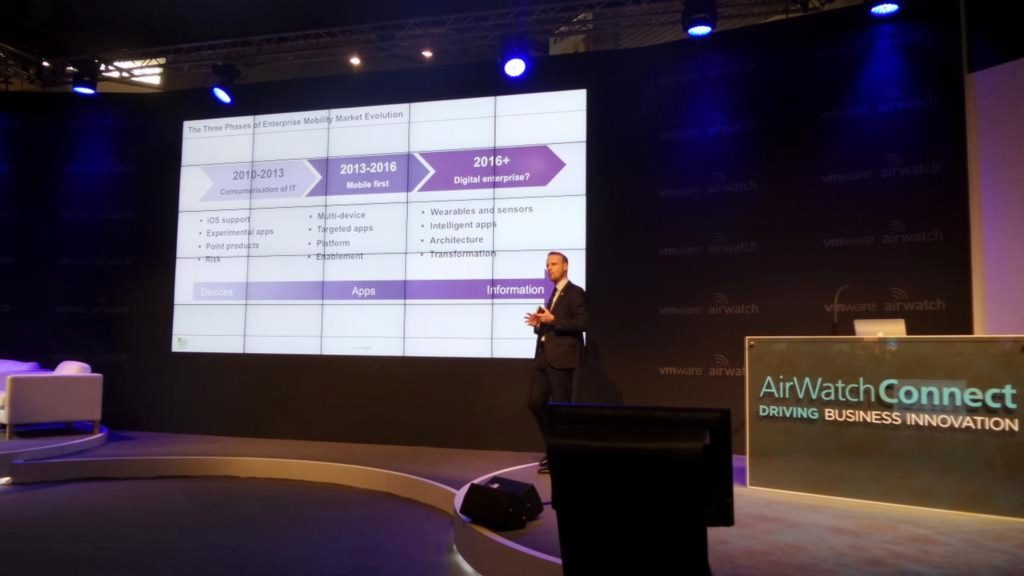
He particularly described it as “part of an arms race we are seeing at a national level and within academia to ensure universities remain competitive globally.”
Chris Malachowsky Bankrolled The Project
A supercomputer of this magnitude couldn’t have made it past the paper without adequate funding. A responsibility that Chris Malachowsky, a billionaire and co-founder of Nvidia Corp., was eager to bear. And he did exactly that by pumping $25 million into the project.
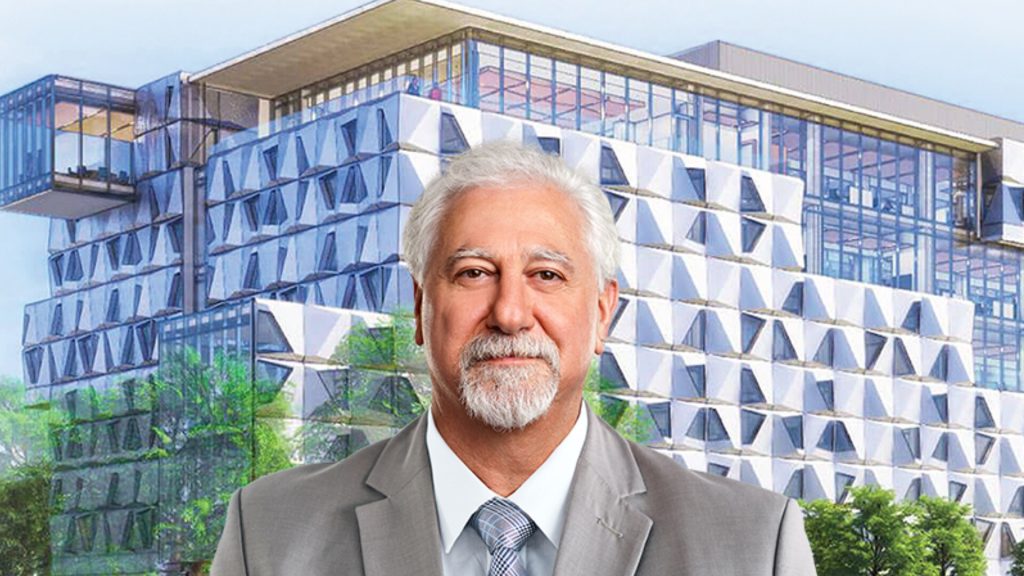
There’s more to Malachowsky’s relationship with UF. For one, he is an alumnus of the university. Additionally, there is a near-futuristic computer science building in the school that bears his name.
About Nvidia Corporations
The company is a chip giant in the technology space, and its goal is to tackle the challenges associated with accelerated commuting. Using generative AI and other software, they are transforming the industry and making society a better place.
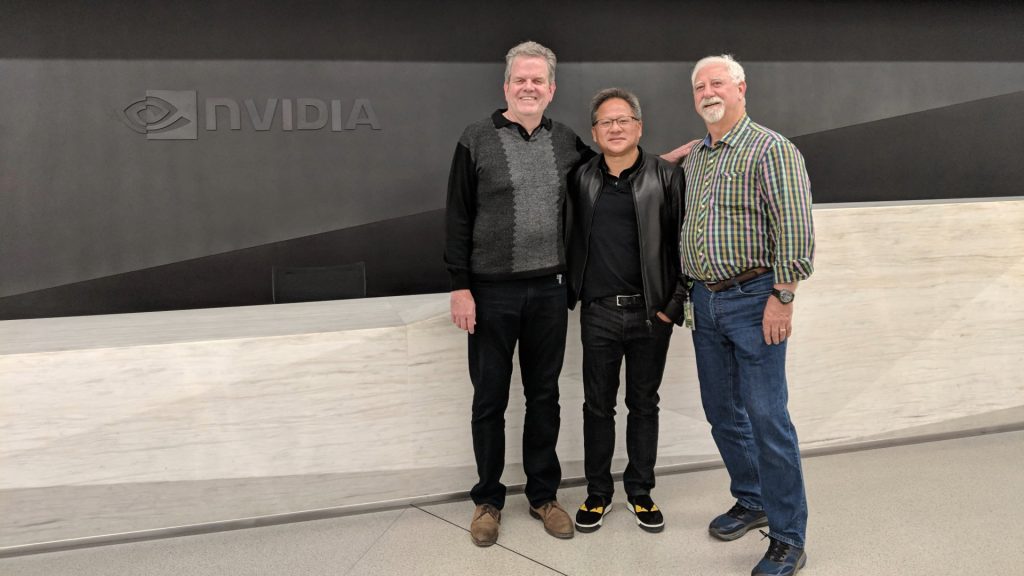
In supporting the HiPerGator project, Nvidia Corp donated software, hardware services, and training. All valued to be $25 million.
The HiPerGator Supercomputer
HiPerGator AI was built using Nvidia’s high-speed AI processors. The goal of building it was to make the university a pacesetter in using advanced computing for academic research. This was no easy feat, considering that the project cost a whopping $70 million.
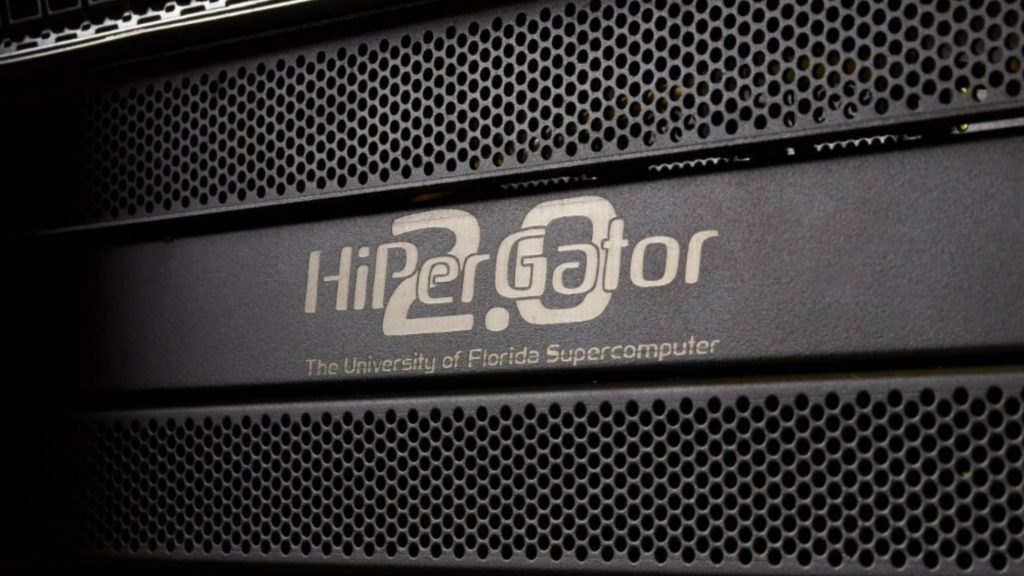
Alongside the $25 million worth of resources from Nvidia’s Corp, and a second tranche of $25 million from Malachowsky, Florida’s flagship university also supported the project with $20 million. Interestingly, whether intentionally or unintentionally, the building that houses the HiPerGator stands near the computer building that bears Malachowsky’s name.
HiPerGator AI: How Super Is It
According to Nvidia and UF, HiPerGator can hit a performance of 700 petaflops, making it the fastest AI supercomputer in academia. The aim of building this machine is to make significant contributions in sectors like agriculture and medicine.
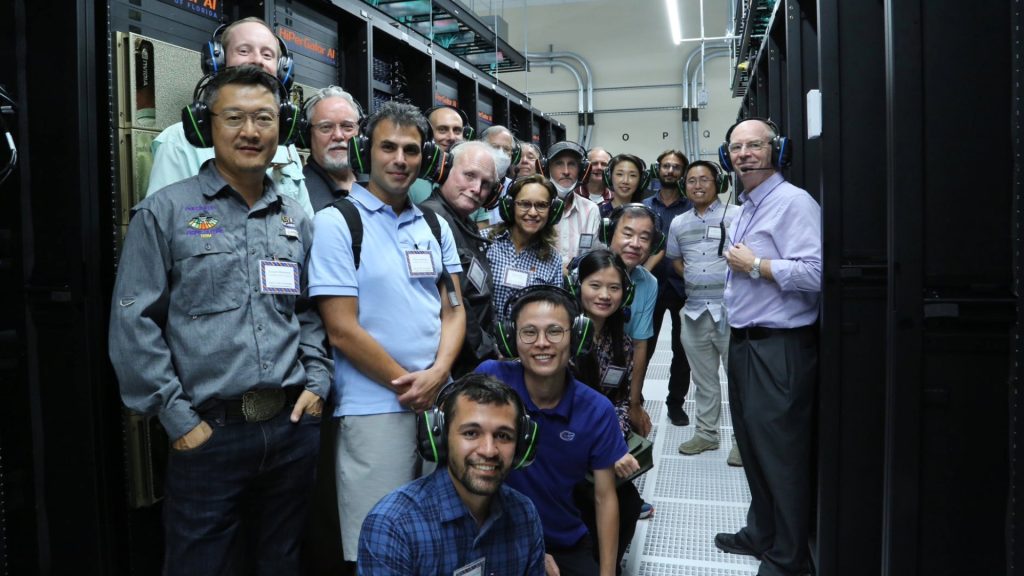
For example, the HiPerGator can help with developing cancer-fighting drugs. It can also help with creating better strains of grains such as wheat.
Where Exactly Does Ron DeSantis Stand?
As far back as 2020, when he heard about the plan to build the super-machine, Florida’s governor, Ron DeSantis, predicted that a computer of such magnitude would attract AI talent across the world.

Sadly, about four years down the line, his anti-China crusade is the reason several skilled AI researchers cannot set foot in Florida. The big question on the mind of many is, “What changed from then till now?”
What Law Did DeSantis Make
DeSantis law prevents the university from employing experts from countries that produce top AI researchers, like China and Iran. According to the law, these two countries and five others are tagged as countries “of concern.”

With this development, the hope that HiPerGator would help UF to advance its research effort and compete with other national institutions has been dashed.
More On The “Concerns”
Some say that it is valid for the state to be concerned about students who come from other countries. This is especially true for researchers under governments that are at odds with the U.S. on economic and security issues like AI.
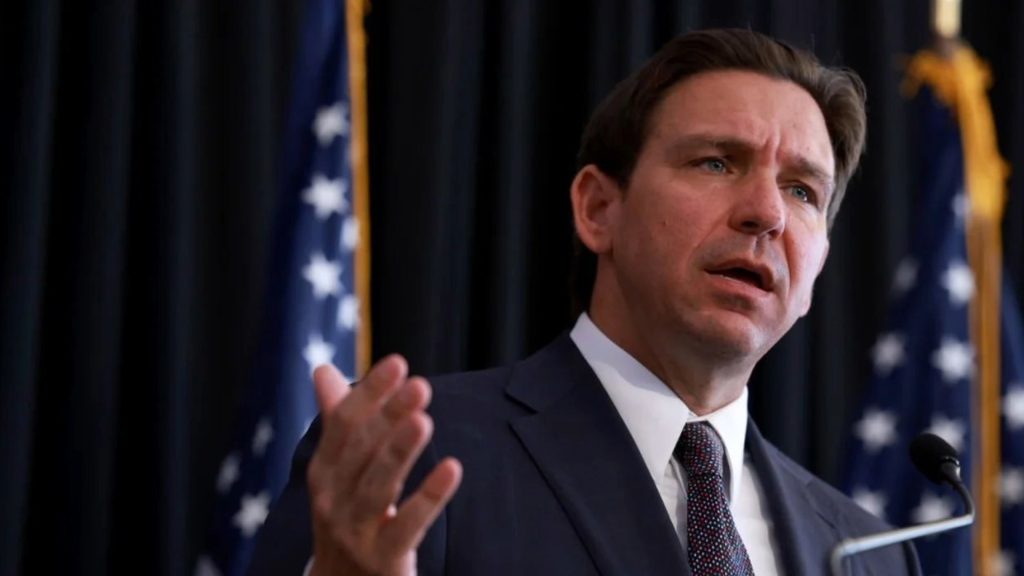
As explained by DeSantis, the law is to prevent spies from coming into Florida universities to steal technology.
How Has UF Made It This Far?
DeSantis’ law is an ironic rule for UF because they’ve made it thus far in their research as a result of their collaboration with experts from China, Iran, and other countries.
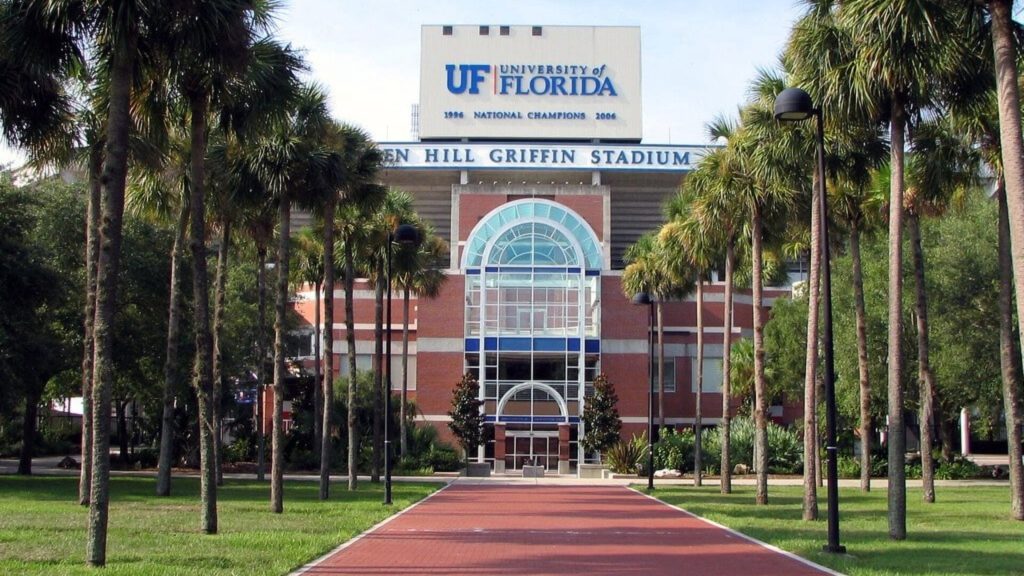
So, it’s not surprising when there were reports that hundreds of professors in the university wrote petitions to the university leaders to stand against the restrictions.
Reaction On DeSantis’ Law
People’s reaction to DeSantis’ law, especially from officials of the institution, has been that of displeasure. Danaya Wright, a law professor and chair of the university’s faculty senate, said, “It’s a stupid law for many reasons.
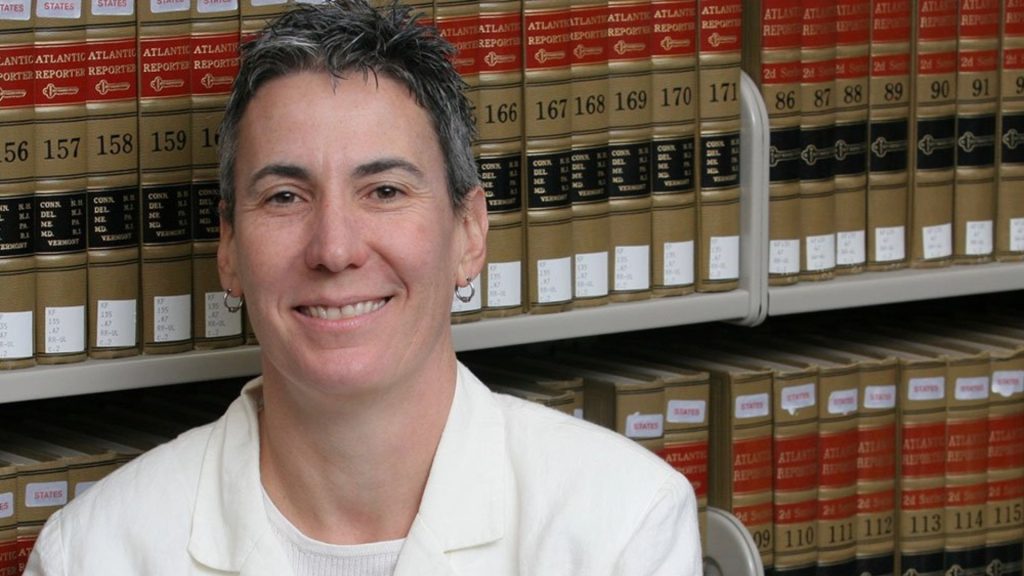
The reality is that we need to be attracting talent, not sending them away.” He further explained, “For some faculty, it will hamper research and set it back for several years.”
Let’s Not Throw Away The Baby With The Bathwater
Wright also placed the concerns of the state and the university side-by-side. He stated, “There is concern about China and Iran, and we don’t want to downplay those concerns. But a sledgehammer is not the best way.”
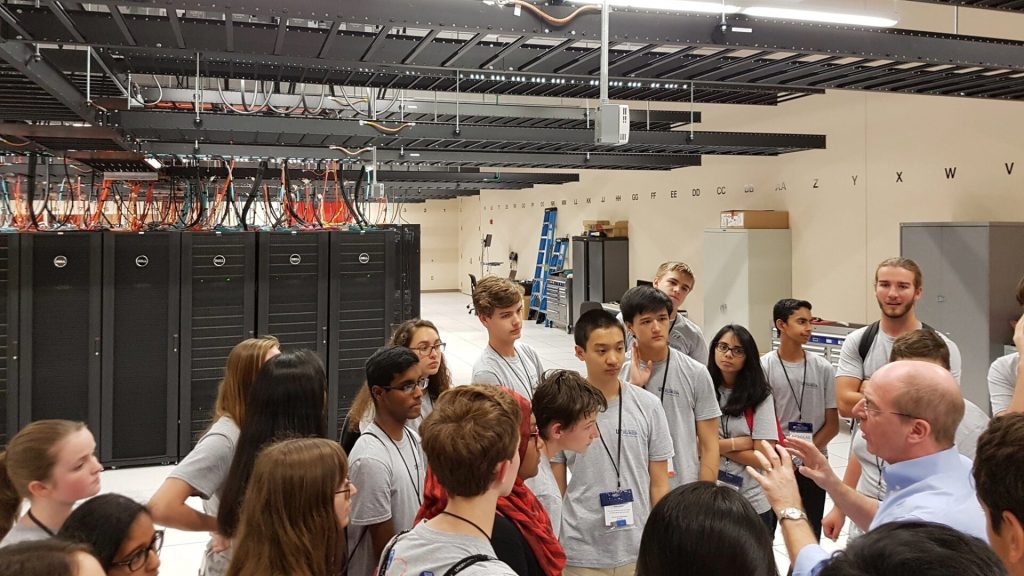
Other professors helped to put things in perspective by explaining that they recruited over 1,000 Chinese grad students yearly. And that with the law in place, they wouldn’t have enough high-quality Ph.D. students to handle the daily research work.
Florida Isn’t The Only Place With These Restrictions
Florida is not the only state to ban Chinese students. Biden’s Administration has enforced a presidential proclamation from Trump’s era.
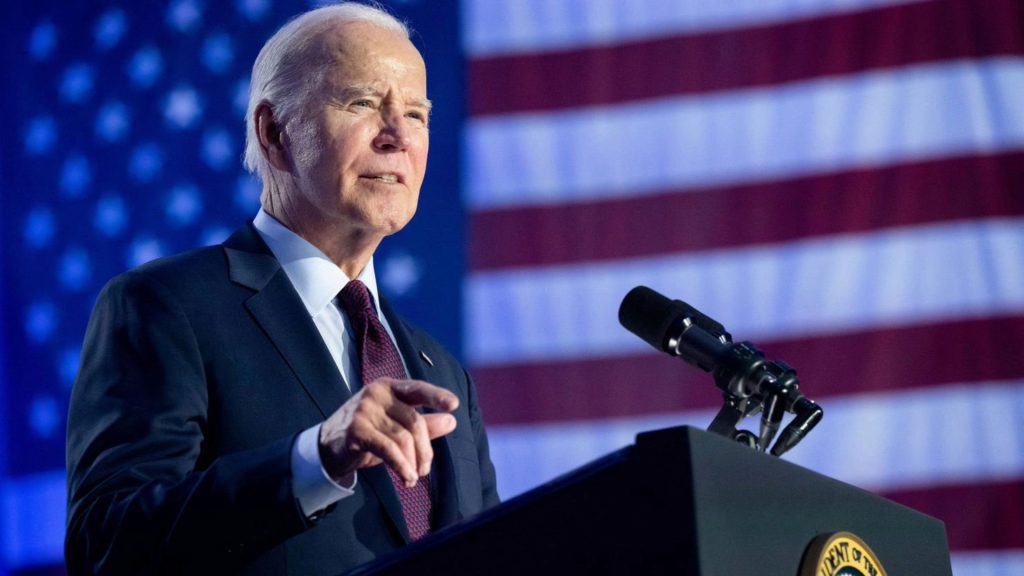
It rejects the visas of Chinese Ph.D. researchers who are believed to have ties with the military. Other countries like Canada also have such restrictions.
Could There Be More To DeSantis’ Law?
There are concerns about how welcoming the state really is to technology, finance, and other businesses that found their roots in Florida during the COVID-19 pandemic.
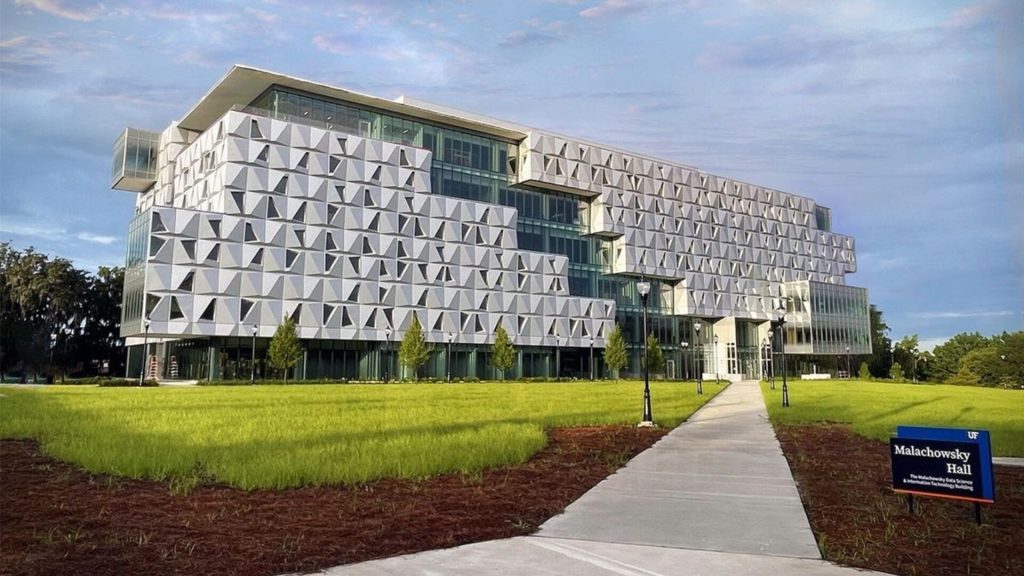
For example, there was an ongoing restriction on Chinese nationals investing in the state’s real estate industry. Thankfully, some top financial firm owners in Florida were able to lobby for a revision of the ban.






